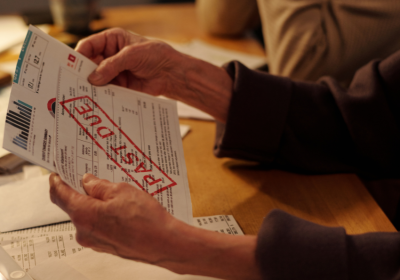
The unleashing of Robodebt by Scott Morrison’s Coalition government is one of the biggest scandals in Australian political history, writes Suzanne James.

The unleashing of Robodebt by Scott Morrison’s Coalition government is one of the biggest scandals in Australian political history, writes Suzanne James.
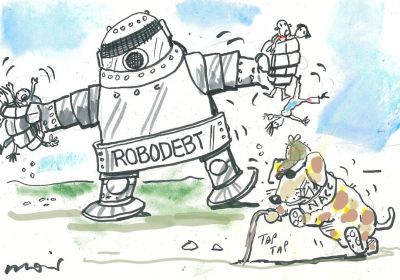
Instead of restoring trust in the public service and politics, the National Anti-Corruption Commission has shown it prefers to be impotent, argues Binoy Kampmark.

Labor claims its amendments to strengthen the welfare safety net are “structural” and “calibrated”. But the changes are not enough to lift people out of poverty. Leo Earle reports.
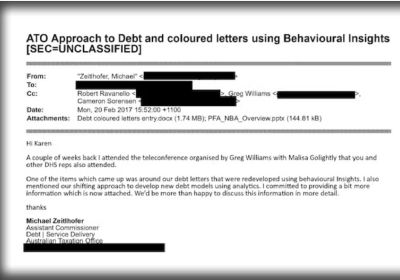
The Robodebt letters were deliberately designed without a phone number for people to call, the intention being that they quietly pay up online. Peter Martin reports on the sinister science behind such decisions.

Green Left journalist Isaac Nellist and refugee rights activist Chloe DS go through the latest news from Australia and around the world.

While the Royal Commission report into Robodebt did not recommend systemic compensation to the victims, it did suggest lifting the rate for social security benefits. Alex Bainbridge reports.

If ever there was an instance of hideous failing in government policy, the cruel, inept and vicious Robodebt program would have to be one of them. Binoy Kampmark reports.
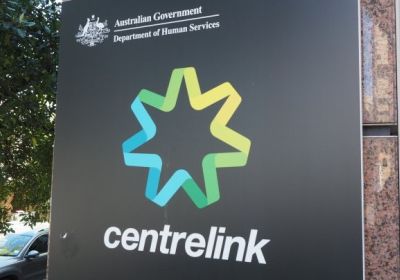
The Robodebt royal commission has revealed that lower level Centrelink workers were telling their bosses that the system was wrong and cruel. They were not listened to, writes Sue Bolton.

It seems like no government official or senior public servant realised the Robodebt scheme was illegal, but the idea that the Coalition government didn’t know exactly what it was doing is preposterous, argues Zane Alcorn.
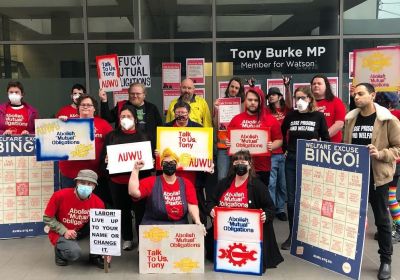
The Labor government is pushing ahead with a new debt-collecting system and a points-based mutual obligations system, despite welfare groups advising that both will harm job seekers. Paul Gregoire reports.

Penalising welfare recipients is standard operating procedure for the federal government and despite the “robodebt” scandal, this practice is set to continue, writes Pip Hinman.

The tide appears to be turning against the federal government’s punitive robodebt scheme, reports Kerry Smith.